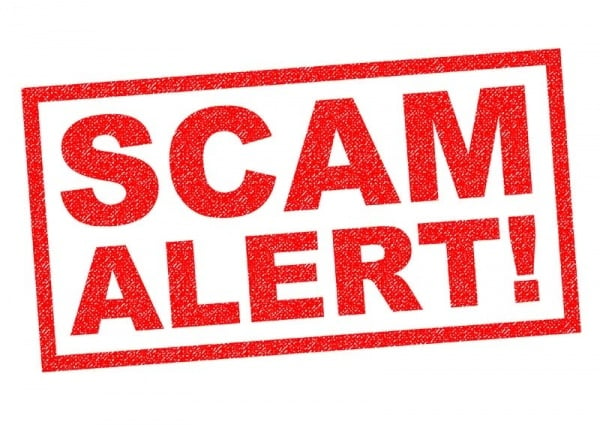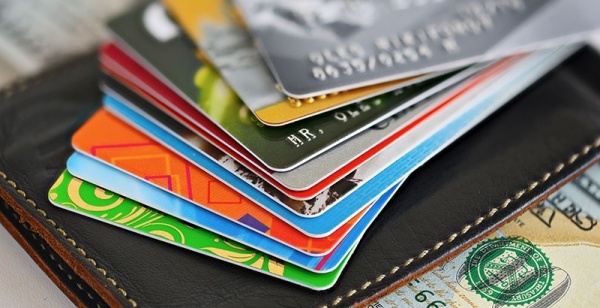When a company has to recall a product, it’s never pretty. Organizing refunds, exchanges, and other considerations for customers takes time. Meanwhile, the customers just want the product they bought to work as advertised!
That combination of confusion and frustration creates the perfect opportunity for scammers to make an opportunistic buck. There are a number of ploys that criminals will use to steal money or information while using the cover of a product recall.
Discounted cellphones
If you’ve been following technology news, you know the Samsung Note 7 phones became so hot, they were melting on the inside. Samsung issued a product recall, stating you could just take your phone to your carrier’s store and exchange it for a new one.
Not everyone thinks that’s such a great deal, though. Either they’re not the original purchaser of the phone, or they bought it online and are having trouble getting the exchange. To recoup losses, they sell it online.
In the days after the product recall was announced, thousands of Note 7 phones went up on auction sites like eBay. They were selling for as little as half their market price. Getting 50% off a smartphone might sound like a good deal, especially when the seller promises the ability to trade it in for a phone of your choice. But buyer beware. There’s no assurance that second-hand buyers of the phone are eligible to participate in any refund program.
Before you buy a steeply discounted product, check to make sure there’s no recall on it. A quick online search should be all you need to see to it that the potential deal you’re getting isn’t going to blow up in your hands. If it feels too good to be true, it almost certainly is.
Fake rebates
Sometimes, companies decide the best way out of a jam is to just write checks. They’ll compensate everyone who bought their product for the damages they caused, and move on to the next product. That’s been the strategy that car maker Volkswagen has employed in the wake of its emissions scandal.
Any time there’s money changing hands, scammers will be there trying to take advantage. In this case, it’s people trying to buy the recalled vehicles for less than the buyback price and hoping to turn a profit in the interim. In other cases, scammers have just posed as representatives of a company issuing a recall and pumped product owners for bank information so they could supposedly deposit the refund directly.
When getting a refund for a recalled product, only deal with the company directly. There are never processing fees or any other costs associated with getting a refund from a company, nor would any company refuse to send a check rather than making a direct deposit. If a product you recently purchased is being recalled, be proactive. Find out what steps you need to take to get your money, and take them. Then, you can safely ignore anyone who calls you with special instructions.
Telephone number swaps
With large-scale product recalls, getting information from a company can be a headache. After all, everyone else who bought the same product is calling at the same time, and likely for the same reason. Long hold times can be a serious drain on your nerves and patience.
That was the thinking of a group of scammers after a major Toyota-issued recall. The scammers sent out an official-looking email instructing Toyota owners to call a number exactly one digit off from the official Toyota help line. Calls to this line were put on hold with a recorded message saying that all operators were busy. The message went on to explain that there was a premium help line available to recall participants. There was a $5.95 per minute charge attached to it, but that information went by so fast, many callers didn’t even hear it. Worse yet, people who called that fake premium helpline were then asked for personally identifiable information, like Social Security numbers.
Here, too, the best way to avoid being hooked in a scam like this is to do your own research. Find the company’s phone number yourself and call. Sure, you might have to wait on hold a while, but the alternative is to put yourself in jeopardy from scams like this one.
How do you deal with the frustration of a product recall? What tips do you have to keep your cool and keep yourself safe from scams like these? Let us know!
SOURCES:
http://bgr.com/2016/10/11/note-7-recall-ebay-refund-dont-buy/
http://www.scambusters.org/toyotarecall.html
http://www.scambusters.org/vwbuyback.html



